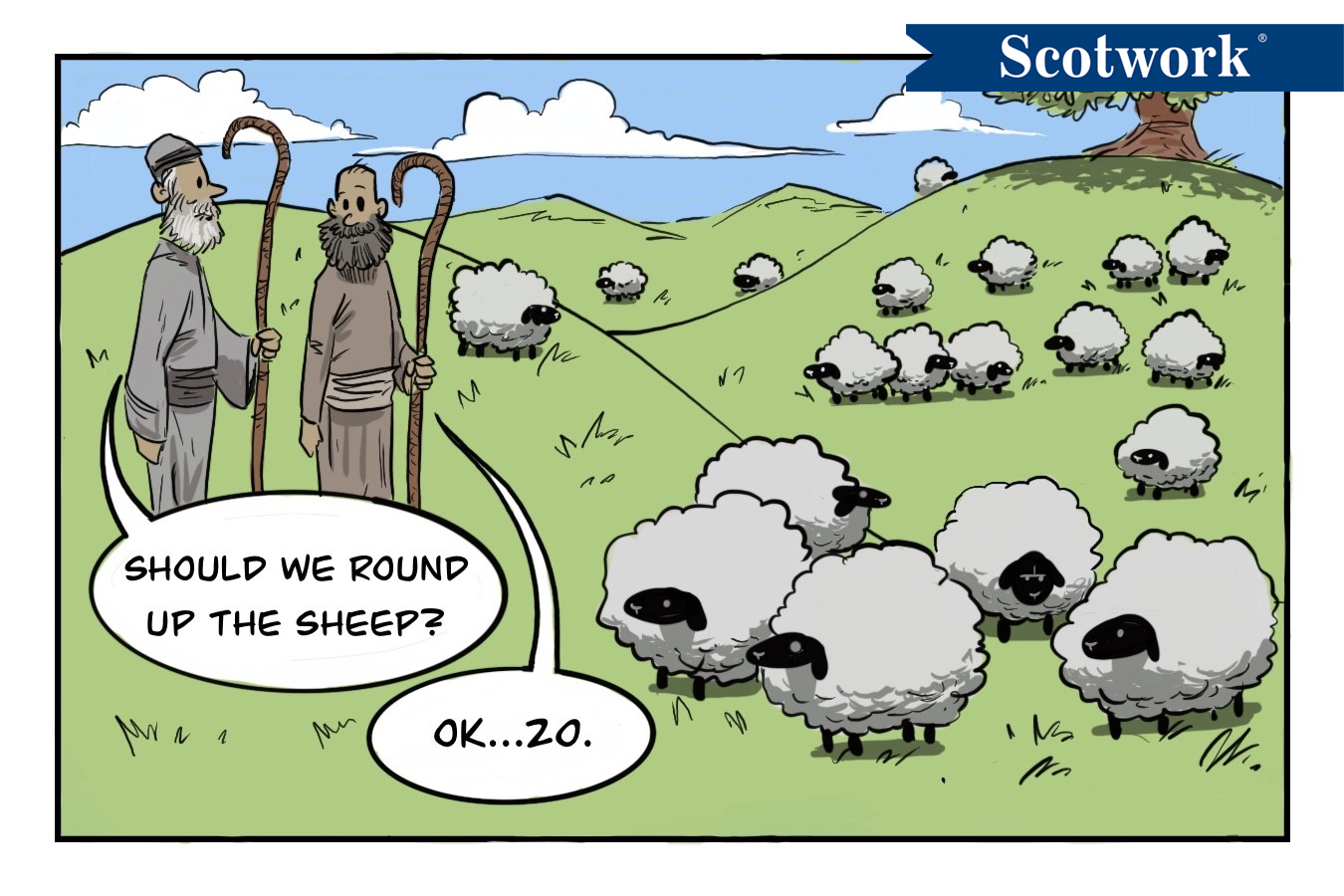Signals come in a variety of forms, one of which is round numbers. Undoubtedly, anyone who has worked a spreadsheet to analyze costs or prices knows that the answer is rarely a round number. When we hear round numbers in a negotiation, they usually signal that the number may not be exact, and there could be some flexibility. Does this mean that you should avoid using round numbers? Not always.
A study was done on what happens when we use precise numbers versus round numbers in a negotiation. It cites some fascinating illustrations of the advantages and disadvantages of each . . .
The Price Is Right
This experiment had contestants estimating the price of three different products with the audience’s help. The audience’s suggestions were either precise prices or round prices. Contestants tended to prefer precise prices. The rationale: Precise prices indicated confidence.
In a negotiation, this can be useful when you need to demonstrate that thought and research went into a figure or value. Or when you don’t want people to think you’re just pulling a number out of thin air (even though you might be!).
Round Is More Relatable
We tend to set goals in round numbers. For instance, weight-loss goals are usually set in 5- or 10-pound increments. Studies show that high school juniors were more likely to retake the SAT if their total score ended in 90 (e.g., 1190) than if it ended in the closest 00 (e.g., 1200).
This can be useful in a negotiation when you want to make something relatable. For instance, if both parties are using precise numbers and there’s a gap of, say, 14.63% between those numbers, it might be easier to highlight a “15%” difference to help ground the negotiation’s goal and make it more relatable.
We Think Smaller With Precise
If there are two identical cars, one priced at $25,000 and the other priced at $24,799, which car will be sold closer to its starting price? Research shows that the car priced precisely at $24,799 will eventually sell at a higher price because the precision of the starting price reduces the magnitude of counteroffers.
If you have little room to bargain, using precise numbers in a negotiation may help keep counterproposals to a minimum ask. This can also be helpful when you’re at or near your limit and need to defend your position.
Round Feels More Complete
According to another study, when we’re asked to divide items into smaller categories, we tend to do so based on round numbers. This is why we enjoy ranking lists like the Top 10 or Top 100 (it’s never the Top 9 or Top 99). We use round numbers to create boundaries because round numbers imply completeness.
The inverse of this is that precise numbers can leave people with a feeling of unfinished business, and it may perpetuate a negotiation. Therefore, using round numbers can help convey completeness and that you’re ready to move on.
Depending on your circumstances, a precise or round number can be advantageous. Here are some different situations where either can work to your advantage:
Use precise numbers when you want to . . .
- show confidence in your calculations.
- reduce the size or magnitude of counteroffers.
- induce further bargaining.
Use round numbers when you want to . . .
- show connection or relatability.
- highlight the differences in gaps (large or small).
- move to close the deal when near the finish.
How and when you use a precise or round number can be a strategic advantage for you while negotiating. The more well-rounded you are with your negotiation skills, the more precise you can be in getting what you want.
We Can Help You Find Your Magic Number.
Using a round or specific number can change the direction of your negotiation. We can help you find advantages in even the smallest details of your deals. Draw on Scotwork’s nearly 50 years of real-world negotiating experience for insights you can’t get anywhere else.

